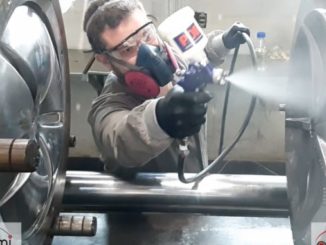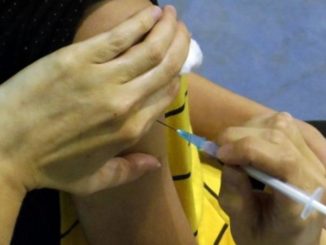
The set of volatile organic compounds designated by the acronym BTEX – benzene, toluene, ethyl benzene and xylenes -, derived from petroleum, constitutes a serious environmental and human health problem, causing problems to the central nervous system, being considered carcinogenic and mutagenic and it can even lead to death. Thus, continuous environmental monitoring is essential, but currently it depends on expensive and non-portable equipment, which makes field analysis difficult.
A study developed by researchers linked to the Department of Physics (DF) of the Federal University of São Carlos (UFSCar) led to results with high potential for application in portable and inexpensive sensors for monitoring and detecting BTEX in quantities much lower than those considered safe (in parts per billion, when safety limits are set in parts per million). These devices could be used in the various environments where BTEX detection is relevant, such as gas stations and other places for storing these substances, places with heavy vehicle traffic and even in homes, since paints, solvents, waxes and pesticides are also sources of emissions of these gases.
The study – entitled “BTEX Gas Sensor Based on Hematite Microrhombuses” and recently published in the journal Sensors and Actuators B – presents the potential for the application of hematite crystals (iron oxide, abundant and cheap material) in the detection of small concentrations of BTEX. Among the authors are Luís Fernando da Silva and Waldir Avansi Júnior, teachers from DF; Ariadne Cristina Catto, postdoctoral researcher linked to the Department; and João Victor de Palma, a graduate student in Physics at UFSCar. Another four authors are linked to the Institut Matériaux Microeléctronique Nanosciences of Provence (IM2NP), in France, partners in the development of the project.
The Brazilian group is part of the Functional Materials Development Center (CDMF – http://cdmf.org.br), based at UFSCar. CDMF is a Research, Innovation and Dissemination Center (Cepid) supported by the São Paulo Research Foundation (Fapesp). The research had financial support from Fapesp and was conducted at UFSCar and Université Aix-Marseille, in France.
First on T&B Petroleum



